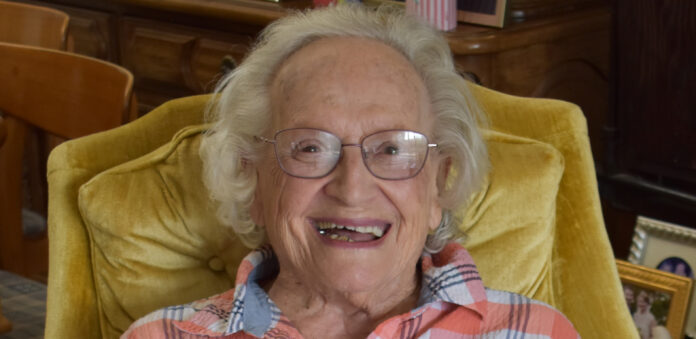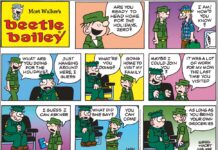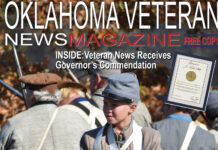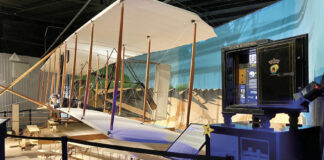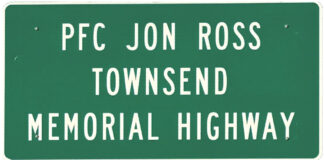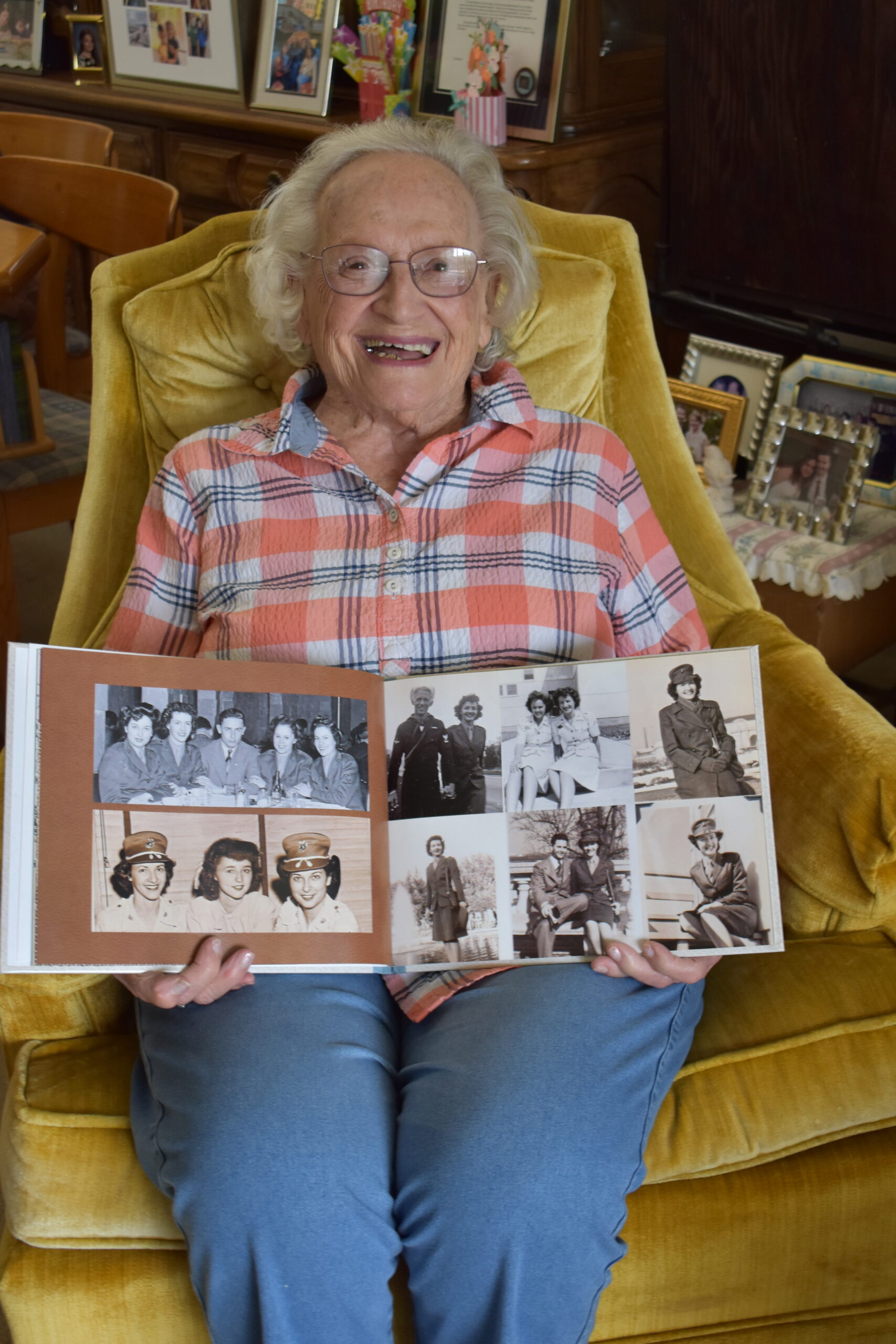
Harriet (Greenberg) Frank served in the USMC Woman’s Reserve between April 29, 1945 (age 20) – July 17, 1946. Then, having women in the military was an experiment, but initiated so men could go overseas
.
Tim Stanley of the Tulsa World newspaper posted an article about Harriet Frank on Facebook in 2015 as part of a “WWII Legacy Keepers” series. The main portion of the article is his; the remainder is from Stephens who visited her in August.
With each one of the small black bags that crossed her desk, Harriet Frank never lost sight of what it represented: another young life cut short by war. “It was work you couldn’t help but get emotionally involved in,” she said of taking inventory of the personal effects of slain Marines, her first job at Marine Corps headquarters in 1945. Among the items collected in those black bags, Frank said, were photos, letters, Bibles and billfolds. One of the items that touched her most, she said, was a baby book…the mother had mailed the book to him. It contained a photo of the baby and a copy of the birth certificate. It was sad, she said, to see things like that and to consider the life that was lost.
At the time of the attack on Pearl Harbor, Dec. 7, 1941, Frank was 16 years old.
“I knew I was going to do something, I just didn’t know what,” she said. Being Jewish, and knowing what was going on in Europe, was additional motivation, she added. To join one of the recently established women’s military branches, you had to be at least 20.
By the time her 20th birthday rolled around on April 29, 1945, Frank had already completed her paperwork to join the Marine Corps Women’s Reserve, or “Lady Marines” as it was often called. “The Marines were the finest branch. They were the bravest, best-looking,” Frank said, laughing. “I wanted to be one of them.” After six weeks of basic training at Camp Lejeune, North Carolina.
Frank was assigned to work at Marine Corps headquarters in Arlington.
After (inventorying personal effects)..she was moved to the office that handled discharges.
Someone down the hall yelled, “The war is over!” And we literally ran from Henderson Hall (in Arlington) clear into D.C. There, on the streets of nation’s capital, Frank joined with the throngs of celebrants. “Everybody was kissing everybody. I’ve never kissed so many strangers in my life,” she laughed.
Frank enjoyed the Marines, she said, and might’ve made a career of military service. But at the time it wasn’t an option; the women’s branches had not yet been made permanent. So, taking her discharge in August 1946 as a corporal, Frank resumed her studies at Oklahoma A&M on the G.I. Bill and completed a degree in sociology. While a student, she met her future husband on a blind date. Ben Frank was a WWII veteran himself, an Army lieutenant who’d served in the China-Burma-India theater. “Two months later we were engaged, and after four months we were married,” Frank said.
The couple settled in Konawa and raised three children together. Frank worked for years in child welfare with the Department of Human Services. When her husband died in his early 50s, she took over the store he ran in Seminole County. Later she moved back to the Tulsa area.
Frank said her military service served her well. “It made me more independent. It gave me more confidence in myself.” Among her fellow veterans, though, she’s still partial to one branch. “The Marines are still the best,” she said, laughing. “And don’t you forget it!”
———————————–
“I wanted the Marines” said Frank. “They were the best branch in my mind and we were treated very well.” However, many male Marines didn’t want women in uniform, so they rudely called women “BAMs,” meaning, “Big-Ass Marines.” “We weren’t gonna put up with it,” Frank said with a feisty tone. Smiling, she recalled she would reply they were “HAMs,” for “Half-Ass Marines.”
During basic training at Camp Lejeune, “We were put on guard duty at boot camp… we’d sometimes do it.” But guard duty was not with a M1 rifle. “A wooden one, shaped like a gun. It was kind of embarrassing,” she said, laughing. But that’s what we did…we marched back and forth along the sidewalk with the wooden gun.”
Harriet Frank joined the “centenarian club” in April. Her advice? “Take care of yourself. You’re the only person that can really take care of yourself.” • story by Tim Stanley and Lt Col Richard Stephens, Jr., USAFR, Ret.


